Timeline: one year since the death of George Floyd
Police killing of the unarmed African American prompted moment of reckoning for US race relations
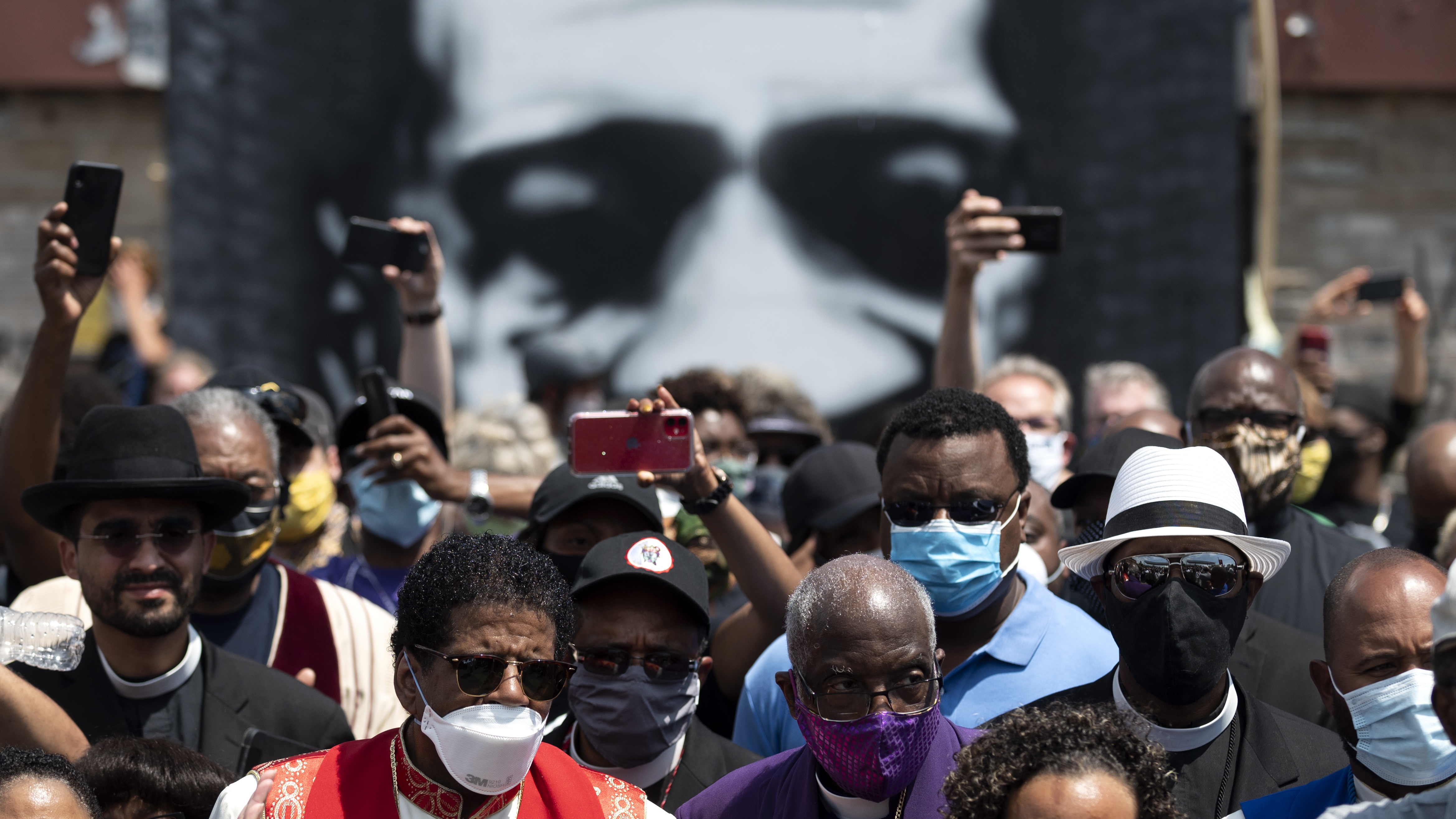
A free daily email with the biggest news stories of the day – and the best features from TheWeek.com
You are now subscribed
Your newsletter sign-up was successful
The death of George Floyd, which triggered global demonstrations last year against police brutality and racism, has finally resulted in a jury convicting Derek Chauvin on murder and manslaughter charges.
The verdict, which could mean the former police officer being imprisoned for decades, came as a “rare rebuke of police violence”, The New York Times says, prompting US President Joe Biden to describe it as a “too rare” step to deliver “basic accountability” for black Americans.
Over two days in Minneapolis, a “racially diverse jury of seven women and five men deliberated for about 10 hours”, the paper adds, before pronouncing Chauvin guilty on three charges of second-degree murder, third-degree murder and second-degree manslaughter.
The Week
Escape your echo chamber. Get the facts behind the news, plus analysis from multiple perspectives.

Sign up for The Week's Free Newsletters
From our morning news briefing to a weekly Good News Newsletter, get the best of The Week delivered directly to your inbox.
From our morning news briefing to a weekly Good News Newsletter, get the best of The Week delivered directly to your inbox.
The “rare case without modern precedent” was described as “historic” by Floyd’s family and legal team, The Washington Post reports.
Civil rights attorney Ben Crump, who represented the Floyd family, described it as “a victory for those who champion humanity over inhumanity, those who champion justice over injustice, those who champion morals over immorality”.
“Much of downtown Minneapolis came to a standstill ahead of the reading of the verdict,” the paper adds, “as hundreds of office workers left the area and were replaced by throngs of people” celebrating the jury’s decision.
As Chauvin was handcuffed inside the courtroom, the crowd outside was sent into a “jubilant frenzy”, the Minneapolis Star Tribune reports, with demonstrators “cheering, waving flags, banging on bass drums, singing, hugging and marching through the streets”.
A free daily email with the biggest news stories of the day – and the best features from TheWeek.com
���Drivers listening to the news on their radios joined in by blasting their horns in elation,” the paper adds, while “mothers brought their young children out to witness the celebration of a historic conviction”.
“I’m just shaking," Prisca Diyoka, one of the many who massed outside the court, told the paper. “It was overwhelming all last summer, processing this. We fought for something. And we got what we fought for.”
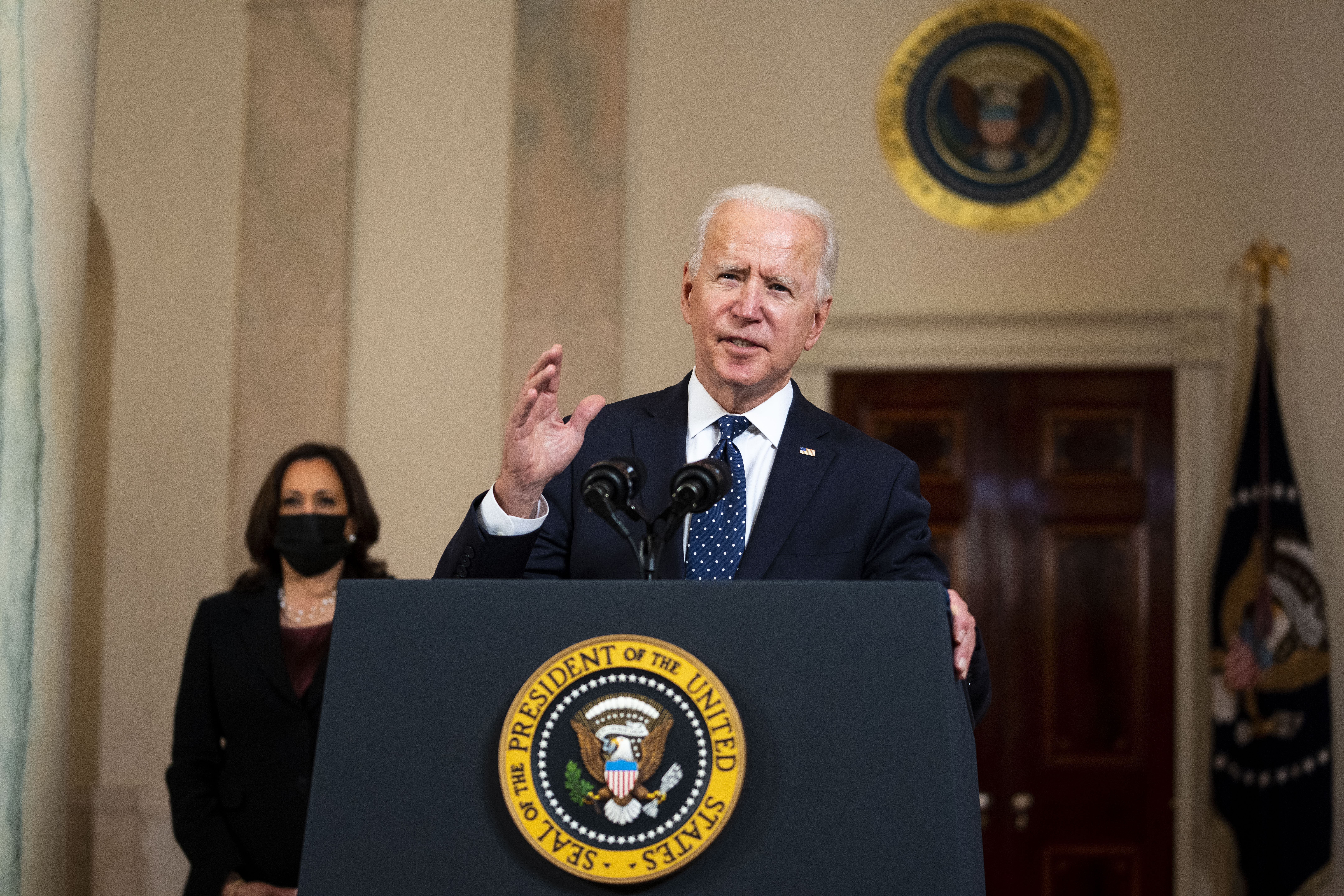
During an interview, Canadian Prime Minister Justin Trudeau welcomed the verdict but said it “underlines that there’s an awful lot of work to do”. Boris Johnson tweeted that he “was appalled by the death of George Floyd and welcome[s] this verdict”, while Keir Starmer tweeted the single word “justice”.
Ontario-based paper The Globe and Mail says that while the “intersection of race and law enforcement has long been contentious”, the Chauvin verdict came after “a series of deadly incidents involving white police officers and black people”.
Le Monde, the French newspaper that featured the news at the top of its website, notes that the pressure on the case was immense, with “the outcome of the trial raising concern among the authorities, who feared violence”. But when it came, “the verdict sparked an explosion of joy in court” and among the “400 people [who] marched in Minneapolis on Monday to demand the conviction of Derek Chauvin”, the paper adds.
La Repubblica says that the verdict triggered an “almost unanimous” belief that “justice is done”, while Spanish paper El Pais ran with a photo essay illustrating the “celebration of the sentence” handed down to Chauvin.
For many, the moment “harboured enormous catharsis”, Der Spiegel reports. But former president Barack Obama was more cautious, tweeting that the jury “did the right thing” but adding in a statement that “if we’re being honest with ourselves, we know that true justice is about much more than a single verdict in a single trial”.
“Without massive, systematic, nationwide reforms, little will change,” Der Spiegel, the German magazine, says, especially not in a country where “black parents have to tell their children early on how to submit to police officers in order not to lose their lives”.
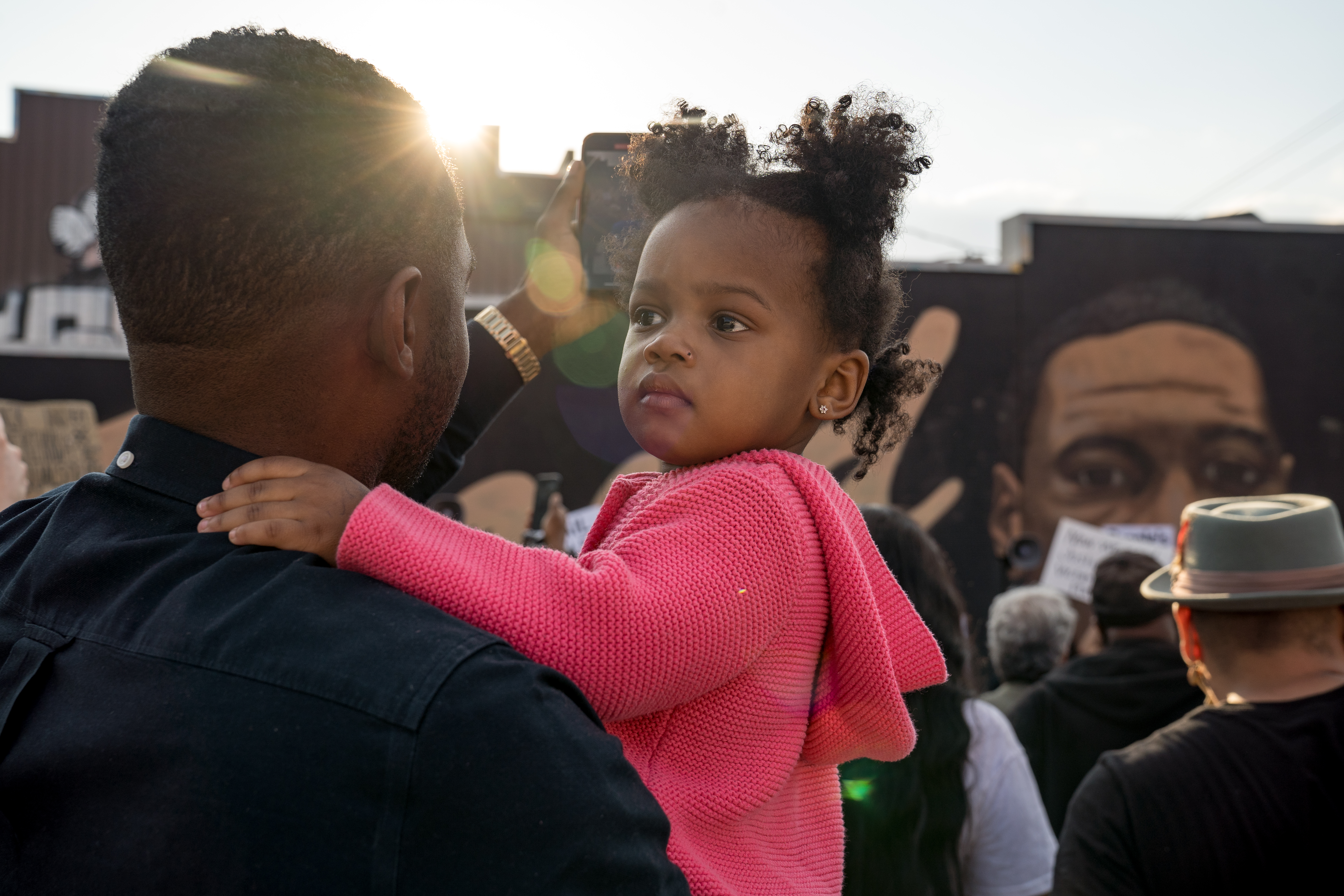
As The Daily Beast reports in an article with the subheading “again and again”, a police officer in Columbus, Ohio shot and killed a black teenage girl “just as a guilty verdict was being handed down in the Derek Chauvin murder case”.
Makiyah Bryant, 16, was shot “as she lunged at two people with a knife”, Reuters reports, in a killing that triggered “street protests in Ohio’s largest city” just as “the nation was focused on the guilty verdict” in the Chauvin trial.
Columbus-based activist K.C. Taynor told The Daily Beast that the killing made it impossible to celebrate the Chauvin verdict. “It’s another murder,” he said. “They’re animals. They treat us like animals.”
Tensions in Minneapolis were raised further last week when another black man, Daunte Wright, was shot and killed by a police officer just a few miles from where Chauvin was being tried. The officer involved has been charged with manslaughter.
However, at George Floyd Square, a “makeshift memorial” in the street where Floyd was killed, Mileesha Smith, who had come to celebrate the verdict, told The Guardian that “this is just the beginning. God didn’t let him die in vain.
“We need the change and we got it,” Smith said. “It’s bigger than the verdict. What we’ve been fighting for this entire time. You’re telling us that we are right.”
Democrats responded to the conviction of Chauvin by moving to push for the introduction of wide-ranging police reform, with Vice President Kamala Harris calling for another vote on the George Floyd Justice in Policing Act.
“For many, the trial was about more than Chauvin’s guilt or innocence”, The Washington Post says. Instead it was a “barometer of racial change” and a test of “what justice means” when “police officers have been acquitted or have gone uncharged” following the deaths of black people.
And that does not appear to have been lost on the president, with Biden describing the verdict as a “moment of significant change” that provided “a chance to change the trajectory in this country”.
-
 Quiz of The Week: 14 – 20 February
Quiz of The Week: 14 – 20 FebruaryQuiz Have you been paying attention to The Week’s news?
-
 The Week Unwrapped: Do the Freemasons have too much sway in the police force?
The Week Unwrapped: Do the Freemasons have too much sway in the police force?Podcast Plus, what does the growing popularity of prediction markets mean for the future? And why are UK film and TV workers struggling?
-
 Properties of the week: pretty thatched cottages
Properties of the week: pretty thatched cottagesThe Week Recommends Featuring homes in West Sussex, Dorset and Suffolk
-
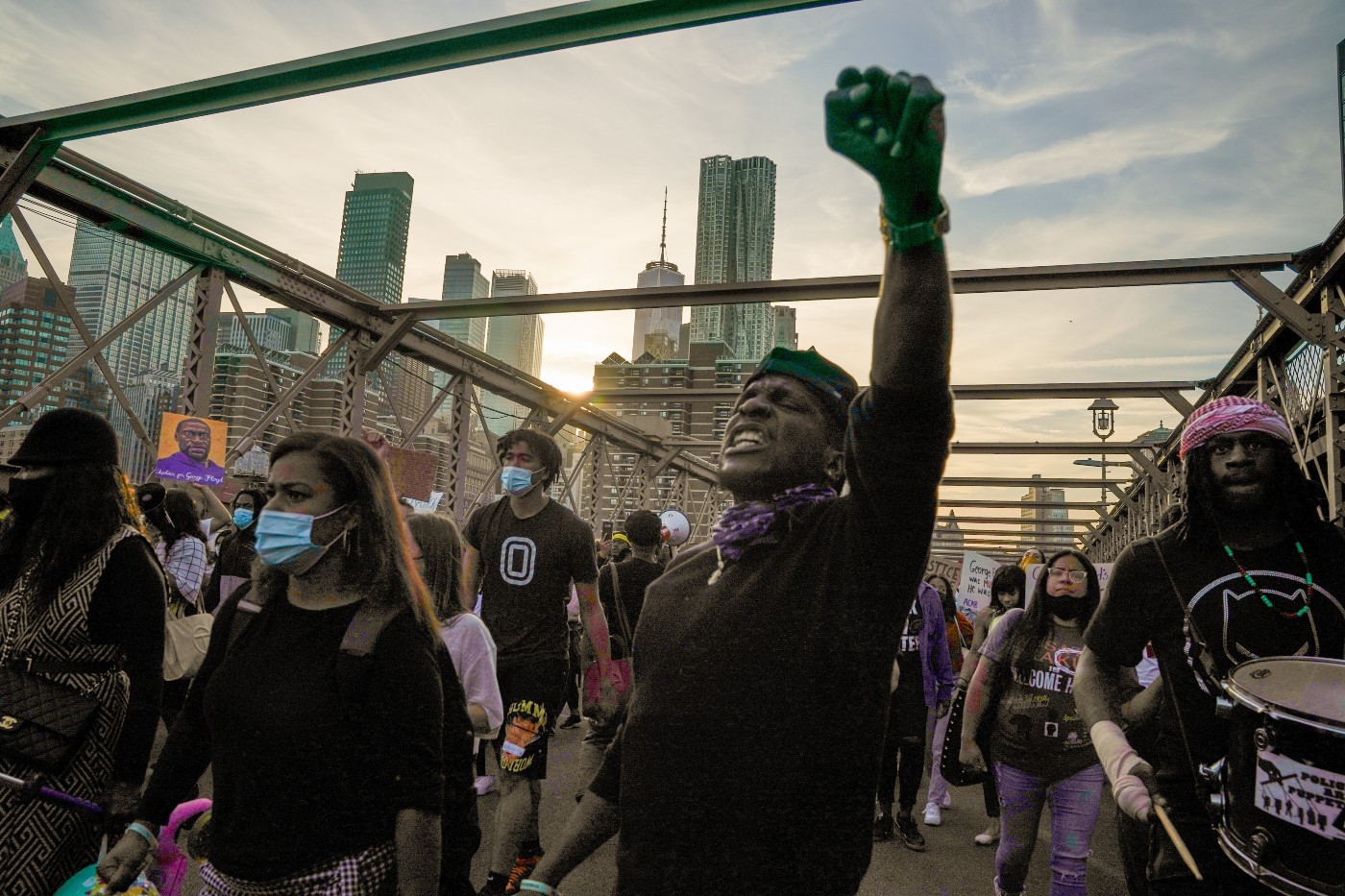 George Floyd legacy: what has changed in the US three years on
George Floyd legacy: what has changed in the US three years onfeature Police officers are more accountable but has ‘white empathy’ hit a wall?
-
 Why energy firms are sending in bailiffs during cost-of-living crisis
Why energy firms are sending in bailiffs during cost-of-living crisisfeature A Times investigation found that debt collectors had been force-fitting meters in people’s homes
-
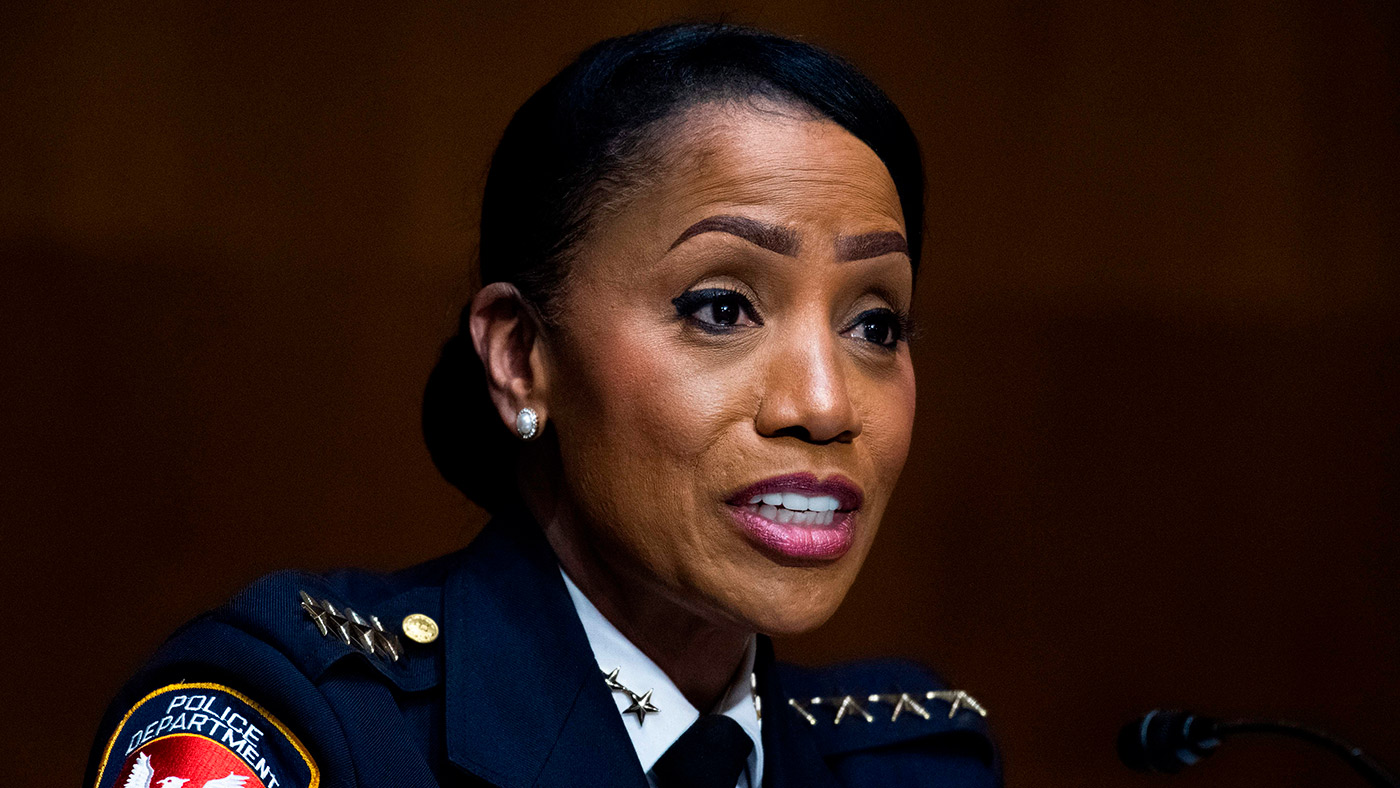 US elite crime-fighting units: a recipe for trouble?
US elite crime-fighting units: a recipe for trouble?feature Tyre Nichols’ death in Memphis highlights the dangers of using of elite crime-fighting units
-
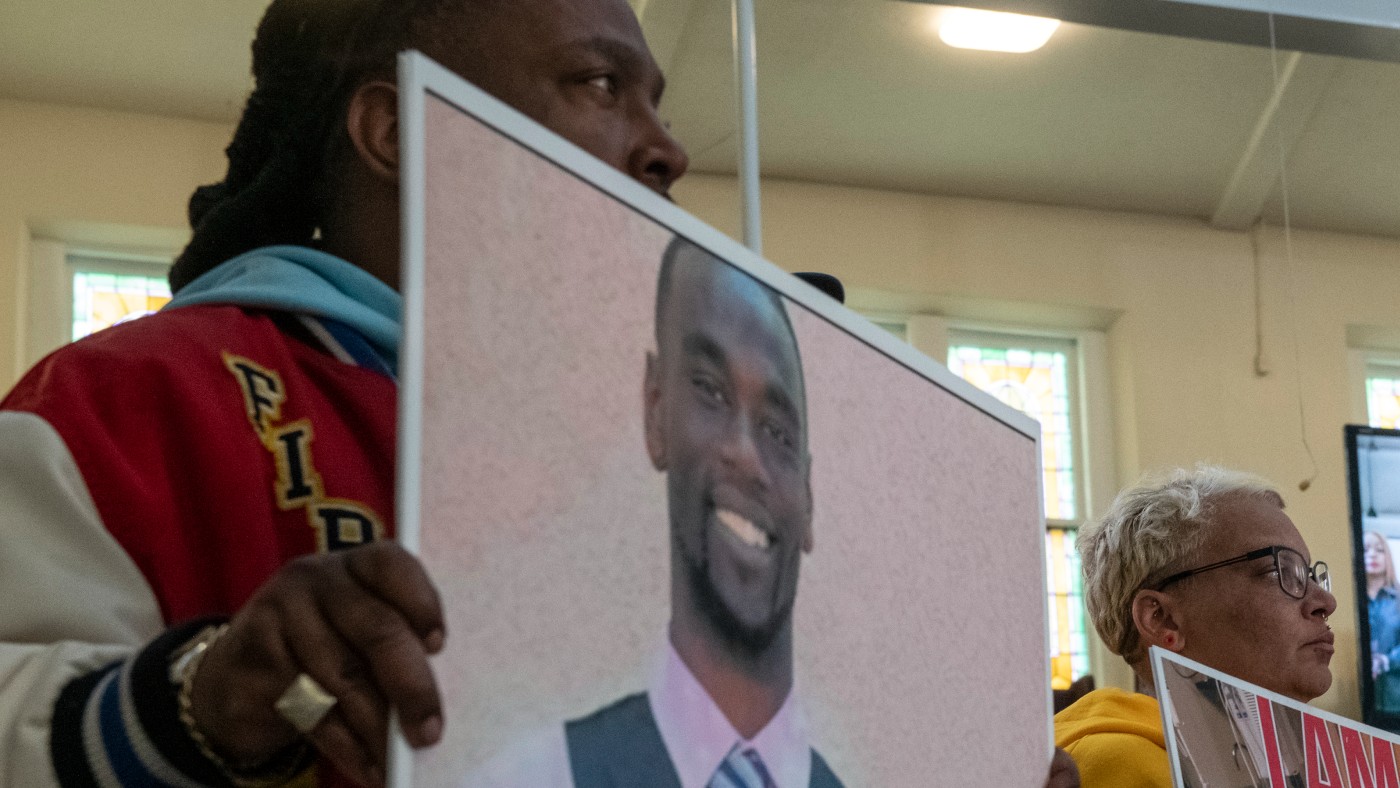 What happened to Tyre Nichols?
What happened to Tyre Nichols?Speed Read President Biden calls for ‘peaceful protest’ ahead of video release showing Memphis police officers fatally injuring 29-year-old
-
 ‘Police tactics are not getting worse, they are simply being filmed’
‘Police tactics are not getting worse, they are simply being filmed’Instant Opinion Your digest of analysis from the British and international press
-
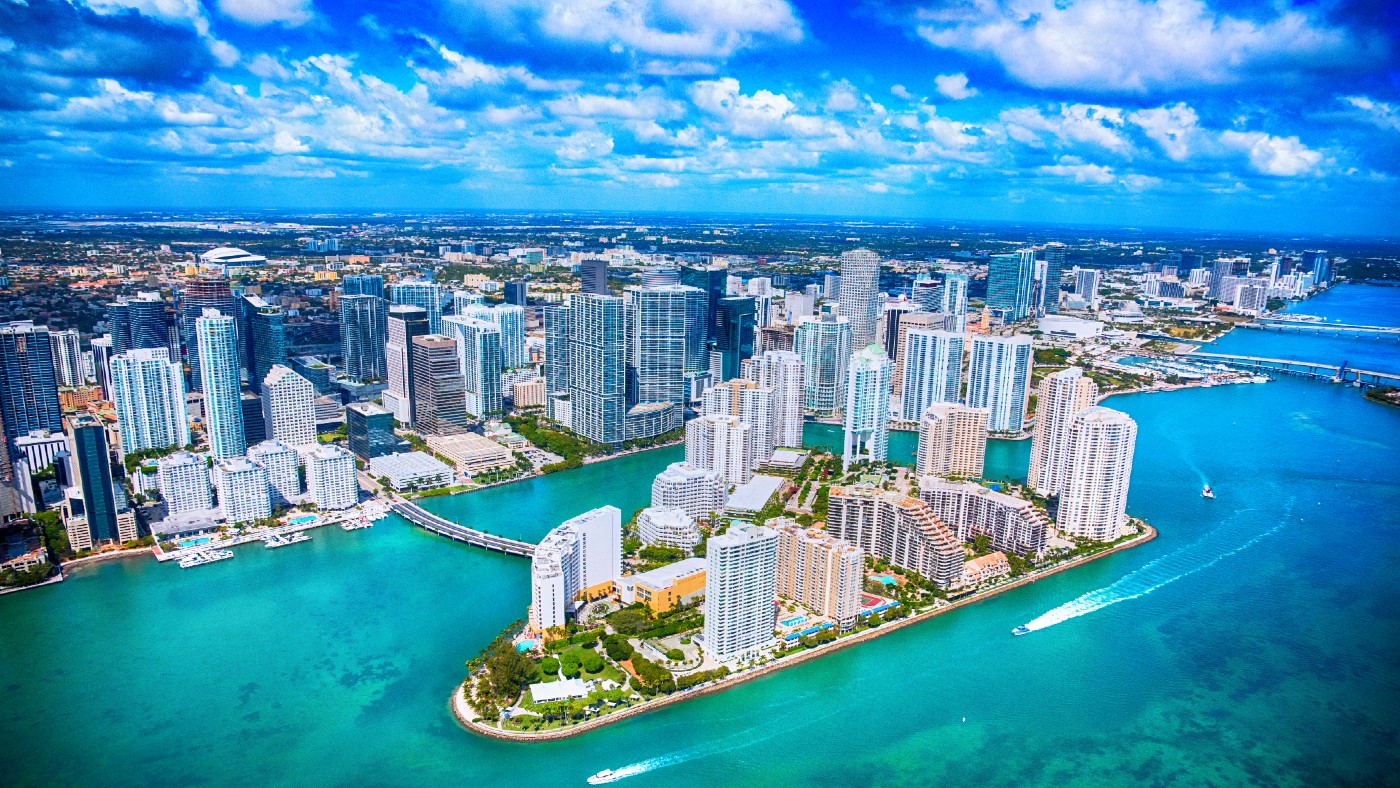 A sunshine state of mind: the mass exodus to Florida
A sunshine state of mind: the mass exodus to Floridafeature Could Florida be the new New York?
-
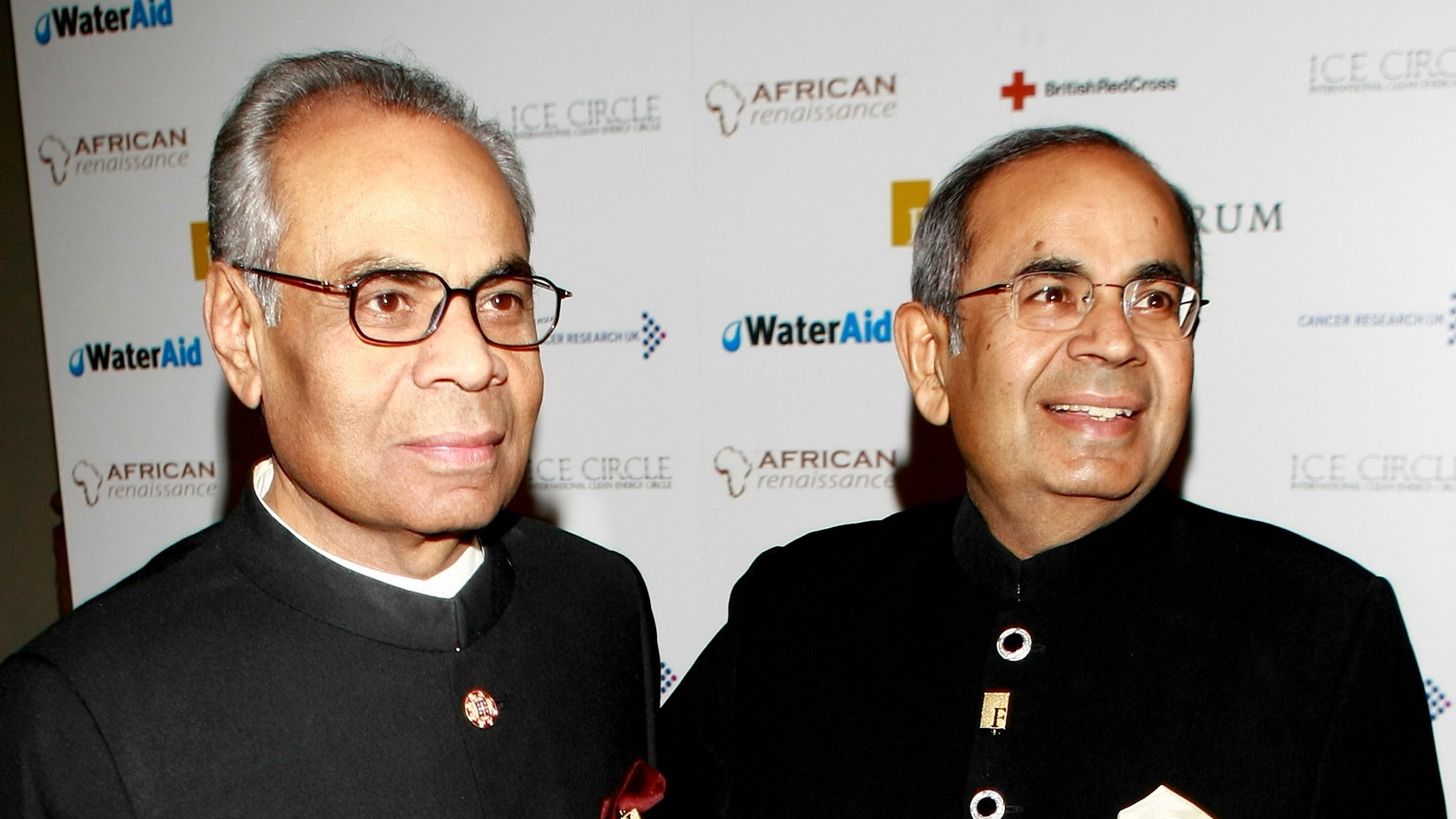 Who are the UK’s richest people?
Who are the UK’s richest people?feature Anglo-Indian brothers top this year’s list of the country’s billionaires
-
 Does the Highway Code prioritise cyclists?
Does the Highway Code prioritise cyclists?feature Updated code introduces new ‘hierarchy of road users’ that places drivers below pedestrians and cyclists